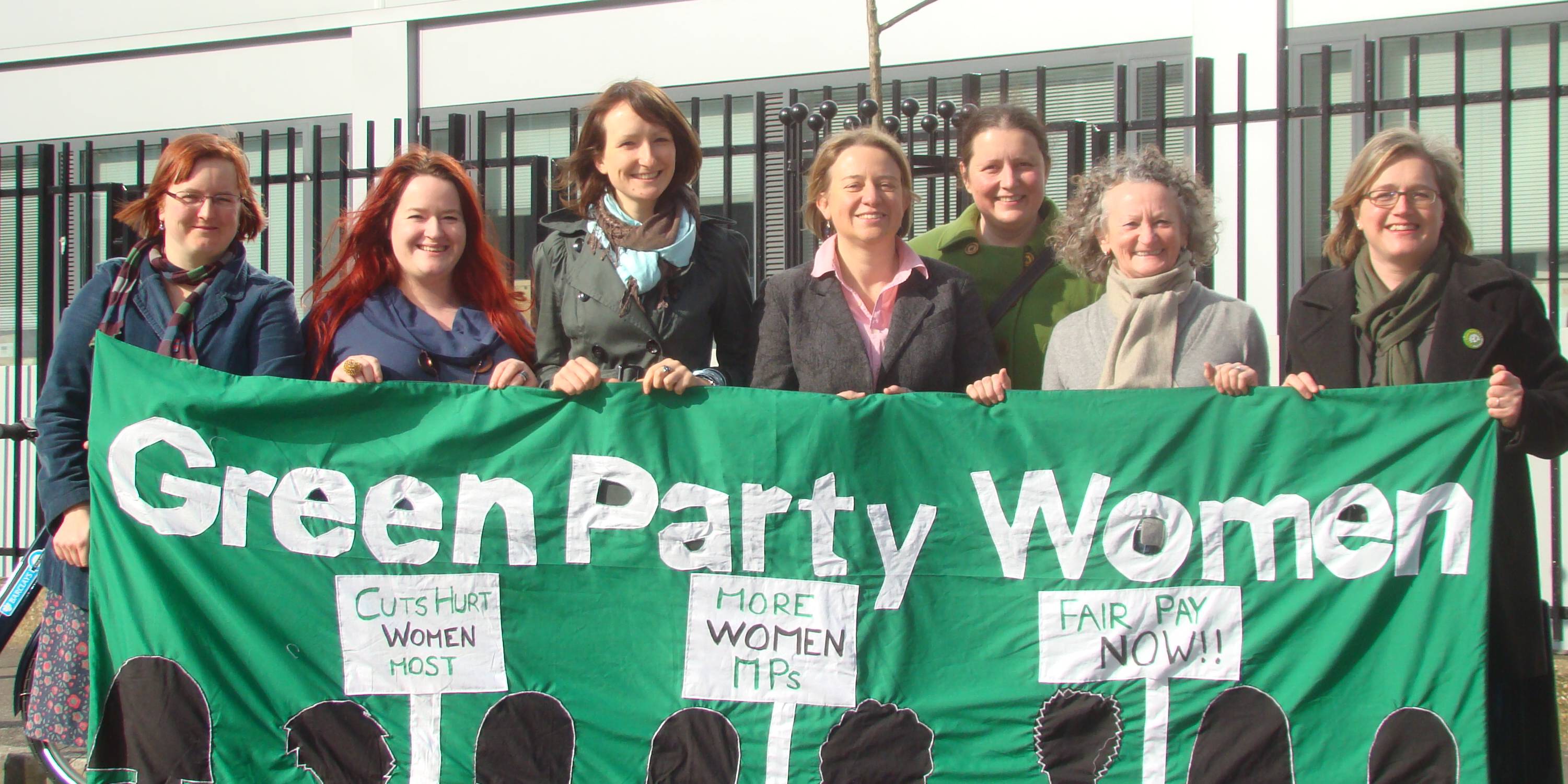Mastering Politics: The Green Party
Share:

Political parties are not the easiest organisations in the world to get to grips with. But here at b**p we’ve got you covered, so don’t worry.
The Green Party was founded in 1990 after it was originally the PEOPLE Party, founded in 1973. In 2010, it gained its first Member of Parliament (MP), Caroline Lucas, who represents Brighton Pavillion. As of January 2018, Lucas is still the Green Party’s only MP and is also Co-Leader of the Party alongside Jonathan Bartley. The Greens support environmentalism above anything else as an ideology, believing that we must act immediately on climate change and always act with the interests of the environment at heart. As well as this, the Greens support equal rights in all forms, a reform on drug policy and the control of public services by local authorities.

Following the 2017 General Election, the Greens have one MP and earned 525,371 votes. They have one representative in the House of Lords too, and it is this lack of representation in the corridors of power which makes some people feel as though The Green Party is a vote wasted. However, the way elections work in this country means that depending on the number of votes a Party receives, it is given a certain amount of funding. As well as this, the number of votes a Party gets is important for those in charge too. They have to know how the country is thinking and, if the Greens get a lot of votes, they’ll be paying attention to Green Party policy.
As of March 2017, The Green Party had 55,500 members. This means that 55,500 people pay a fee to the Party each month or year, depending on the terms of their membership, in return for a say on Party policy and votes in Party elections.

Green Party policies in detail
Some think the Greens are just tree-huggers. However, looking at some of their policies is quite interesting as they are different from what other, larger parties propose, such as The Labour Party and Conservative Party.
— Proportional representation: this is a different way of holding elections within the UK. Currently, we have a ‘first past the post’ election system, meaning that whichever Party gets past a certain number of MPs in an election and achieves a majority of MPs following that becomes the Party in government. This means that the individual votes of citizens does not often reflect how many MPs parties have. Proportional representation is the idea that the number of votes a Party gets should influence the number of seats they get in the House of Commons.
— Basic income: many people are unaware of the reality which faces us in terms of robots and artificial intelligence. It is widely accepted by those in power and in science that, in a few decades, a robot revolution will happen, putting many people out of work as robots will do their jobs for them. It is forecast that this revolution will only grow and more and more people will become unemployed, meaning they won’t be earning money. So, it is the belief of The Green Party that the UK should give each person a ‘basic income’ of a certain amount of money each year from the government so that they can afford to live without having to work.
